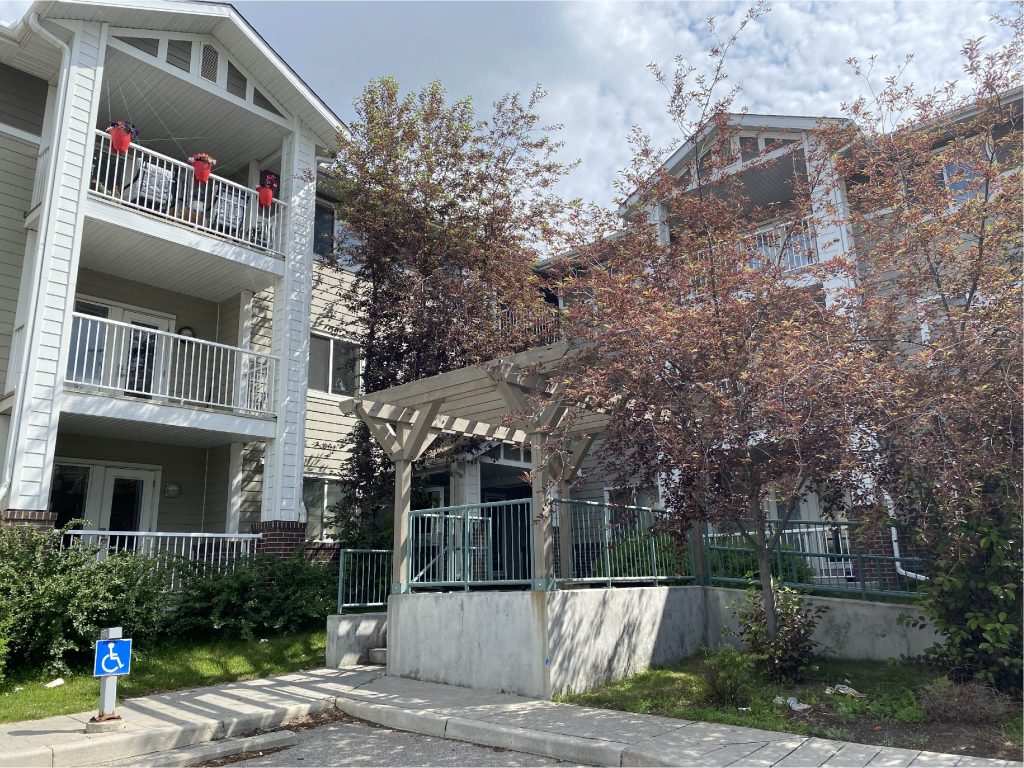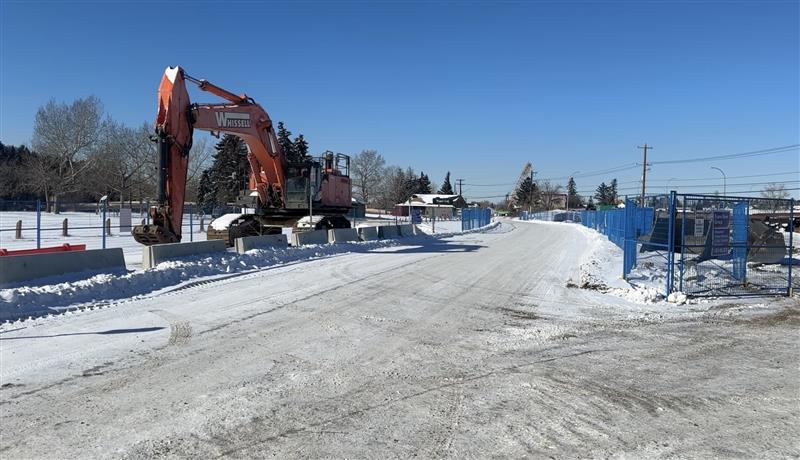City of Calgary to urgently address housing crisis

Posted Sep 7, 2023 1:55 pm.
Last Updated Sep 7, 2023 1:56 pm.
Calgary has a housing crisis, and the city hopes to address the urgent need for more housing and affordability as it releases its Housing Needs Assessment report.
But not everyone has the same vision for how to move forward.
“We feel like this is planning policy that’s just been shaft into something called a solution for housing, which some of us disagree with. The other thing is we can’t say re-zoning is going to solve the housing issue,” said Ward 1 Coun. Sonya Sharp.
“All 15 of us know there’s a housing crisis. How we get to the solution of solving the housing crisis will look different.”
WATCH: Calgary single moms team up in hunt for affordable housing
To increase the supply of market and non-market housing, the city is proposing a housing strategy that incorporates 33 actions from the Housing and Affordability Task Force, 38 council-approved actions, and several additional ones.
The task force includes 15 diverse experts in building and housing work. However, it all comes with great challenges.
“One of those barriers is the uncertainty that land use causes. There’s a lot of pressure. There’s a lot of pushback and a lot of backlash around developing,” said Ward 8 Coun. Courtney Walcott.
Related Stories:
-
Calgary home prices jump 37% in three years: report
-
55% of Alberta post-secondary students living with parents while finishing school: poll
-
How much do you need to earn to live in Alberta?
The goal is to increase housing supply, support affordable housing providers, support housing subsidiaries, and ensure equity housing needs and affordable housing for Indigenous people.
“If we get moving on this now, we will actually help the two hundred plus families that are on a list right now to receive housing. That’s the type of crisis that we are in, and we need to move in right away,” said Calgary Mayor Jyoti Gondek.
The city says at least one in five Calgary households cannot afford where they currently live. That’s 80,000 households who are spending more than 30 per cent of their income on housing.
“Whether it’s the price of land, whether it’s the fact that, yes, nobody’s wages have kept up with inflation. Pensions — both federal and provincial — certainly haven’t kept up with inflation, so I would say we as a group are probably more at risk,” said Rodney Antoniuk, senior resident with the city’s subsidized housing program.
“Something has to be done. Somebody — in this case, the city — has to have a vision and follow through with that vision.”
The city’s housing strategy will be reviewed by members of council at the Community Development Committee Meeting on Sept. 14.








